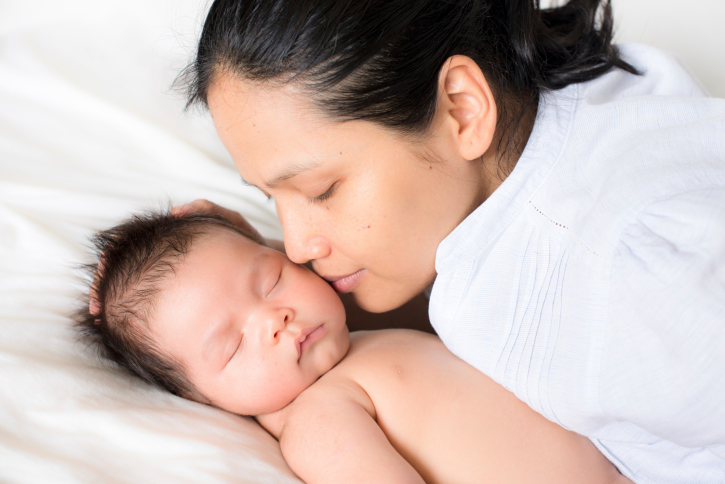
Sometimes being a doctor in an urban area such as the Bronx means you see all the things you can’t do for your patients. What do you do when what you can accomplish in the office isn’t nearly enough for your patients?
* * *
A 16-year-old comes to see you for prenatal care. She lives with her mom, and has some support, but her mom works and doesn’t come to all her visits. Your patient seems pretty together for someone her age, but there are times when her teenage coping skills show: she went to the wrong office for an ultrasound, because she didn’t think to look at the appointment letter. She keeps losing her WIC letter and having to get another one from your office. And, although she’s had a baby shower, which provided essentials for the baby, she doesn’t have a transportation plan to get to the hospital when she goes into labor.
Sometimes you look at her and think, “You need so much more help than I can give you here. I wish there were a way to help you at home.”
* * *
A 26-year-old comes in to the labor floor while you’re on call; it’s her first baby. She ends up needing an emergency cesarean section, and has a difficult recovery. She’s finding it hard to bond with her baby while she tries to negotiate the pain of her postoperative course.
You go in to see her on postoperative day three, and watch her struggle to initiate breastfeeding. The lactation consultant is working with her, but the plan is for her and her baby to go home tomorrow. You think, “You need so much more help than I can give you here. I wish there were a way to help you at home.”
* * *
For the most part, the era of the house call is over. Most of us can’t go home with our patients. And even if we could, we probably couldn’t provide the longitudinal care that these people really need to have healthy pregnancies and children.
And addressing the medical issues at hand is really only one tiny part of the emotional, developmental and intellectual support that new families need.
But here’s the wonderful thing: someone else can do all those things. I recently became a member of the advisory board of a program called the Nurse-Family Partnership (NFP), which has been run in New York City by the NYC Department of Health and Mental Hygiene for the last 10 years. NFP is a rare program, both in its effectiveness and in its proactive approach to care. NFP nurses do what I can’t. They start visiting patients during their pregnancies to help address concerns about health, but also home and family and emotional needs, right away. Then they follow up with the patients and their babies with regular, frequent home visits until the child is two years old, providing support and information.
Here’s what’s even more impressive. NFP has evidence-based results, based on clinical outcomes that matter. The initial data on the NFP intervention came from a randomized controlled trial (which is so very hard to do), and established that NFP programs can:
- Improve prenatal health
- Decrease childhood injuries
- Increase the interval between births
- Increase maternal employment
- Improve school readiness in kids
In my experience working with first-time mothers, this is, frankly, amazing. It’s the model of what new medicine needs to be about: patient-centered, evidence-based, longitudinal care.
All these results leave me awestruck; imagine how much of an impact this model could have if it were more widely adopted.
At Montefiore Medical Center, where I work, we’re making sure that all of our prenatal care providers know that any pregnant woman on public insurance having her first baby is a candidate for NFP if she is referred prior to 28 weeks of gestation. Referrals can be made through social workers at any of our prenatal care sites. Patients can also enroll themselves by calling 311. For brochures or posters to display in your office, please contact NYC NFP at nycnfp@health.nyc.gov.
You can send help home with these patients. We all should.


Comments on this entry are closed.
So glad to hear there is this service available! I see many patients that are discharged that need help at home, but don’t receive it. If only we had some system in place to help all patients, not just new mothers. Imagine the lowered costs in healthcare not to mention a decrease in Emergency Room visits.
The NFP program is such a wonderful program and I think it should be started in other states too. I am from Mexico and after reading it, I checked out for such program in my area but could not find one. Can you please provide a list of NFP programs in Mexico, if these are implemented at all.